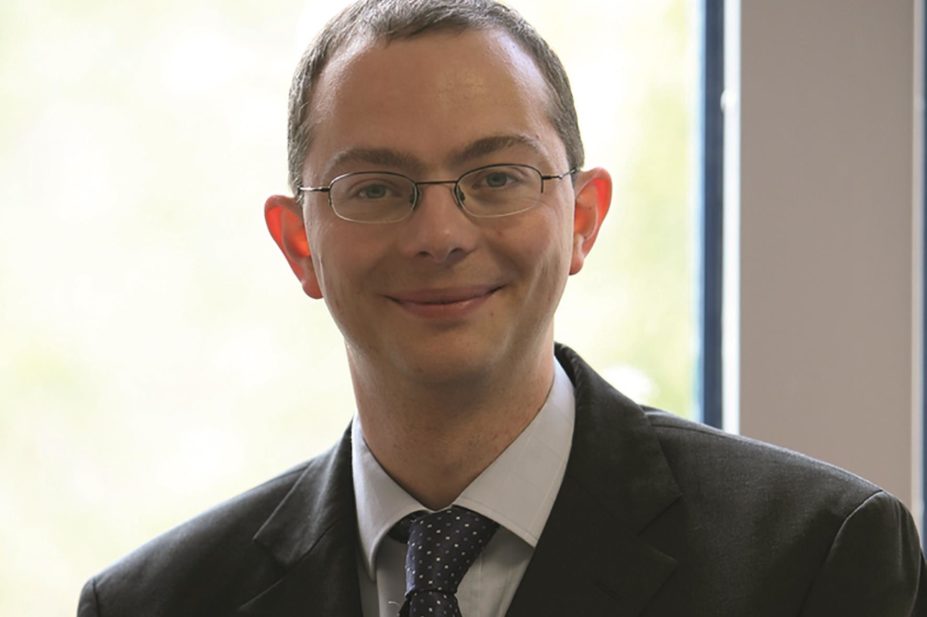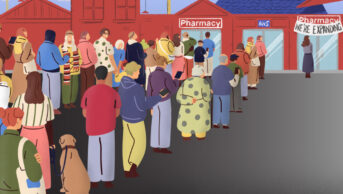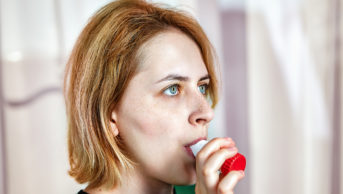
Courtesy of Matthew Boyd
Although it can take up to a year for pharmacists to become autonomous in seeing patients, they are already making a real difference in GP practices, said the lead researcher in a recent evaluation of NHS England’s pilot scheme.
Matthew Boyd, associate professor in patient safety and pharmacy practice at the University of Nottingham, told delegates at the 2018 International Pharmaceutical Federation conference that it was “highly likely” that pharmacists in English GP surgeries are here to stay and that many were surprised many by the impact they were having.
Boyd outlined his team’s findings during a session on the role of pharmacists in primary care. He said that at the outset of the pilot, which began in 2016, there had been some concerns voiced that GP pharmacists would become “lapdogs” or, conversely, would “end up taking people’s jobs”. But he said neither of these had come to pass: rather, 89% of pharmacists interviewed said they were able to work autonomously and the same proportion reported feeling accepted by other members of the multidisciplinary team.
The majority of pharmacists in the evaluation said they spent more than half of their time in patient-facing activities, Boyd stated, and a minority spend almost all of their time with patients. “This is not what I was expecting to see, but I was delighted to see it — nearly all of our pharmacists were seeing patients.”
Patients themselves, Boyd noted, reported a much more holistic style of care from the GP pharmacists. “I’ve heard patients say that their pharmacist has drawn wonderful diagrams of how statins work,” he said, adding that the pilot also revealed a lot of medicines optimisation.
“This doesn’t surprise us as pharmacists, but it doesn’t half surprise some outside of our profession.”
Boyd did caution against the expectation that a GP pharmacist will arrive for their first day of work “clad in a blue cape, wearing their underpants on the outside of their pants”. The evaluation did uncover a degree of mismatch in expectations between GPs and pharmacists, but it takes time, he said, for pharmacists to adapt to their new role and build up to full autonomy. In one case study that was highlighted, junior clinical pharmacists needed 6 months to become autonomous in patient-facing work, and in another pilot site pharmacists needed 12 months. “It takes time to build trust,” Boyd said.
But key to the success of the GP pharmacist scheme is the willingness of pharmacists to “muck in”, Boyd noted. “This is not about putting pharmacists on a pedestal; it’s about pharmacists as members of the team.”
The 2018 FIP congress in Glasgow, Scotland, brings together pharmacy practitioners and pharmaceutical scientists from around the world to consider ways of extending the role of pharmacists so that they play a full part in ensuring patients, and health systems, achieve full benefit from the medicines people take.
The theme of the 78th FIP World Congress of Pharmacy and Pharmaceutical Sciences is ‘Pharmacy: Transforming outcomes!’.
This is the first time that the FIP World Congress has been held in the UK for nearly 40 years. The last time was in 1979, making this a truly unique learning opportunity for pharmacists and pharmaceutical scientists in Great Britain.
UK healthcare company RB is Gold Sponsor of this year’s congress.
You may also be interested in
Using a support and development service to facilitate successful integration of pharmacy staff across a GP federation

Pharmacists are the success story of general practice, and they are here to stay
